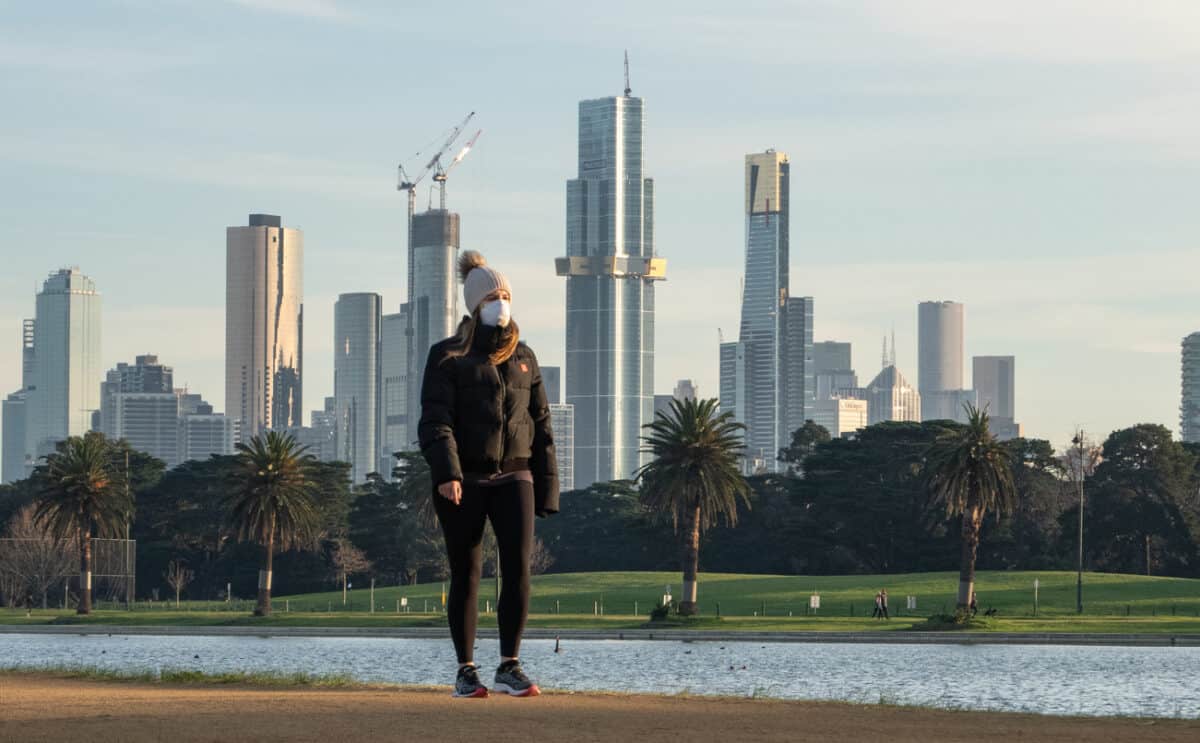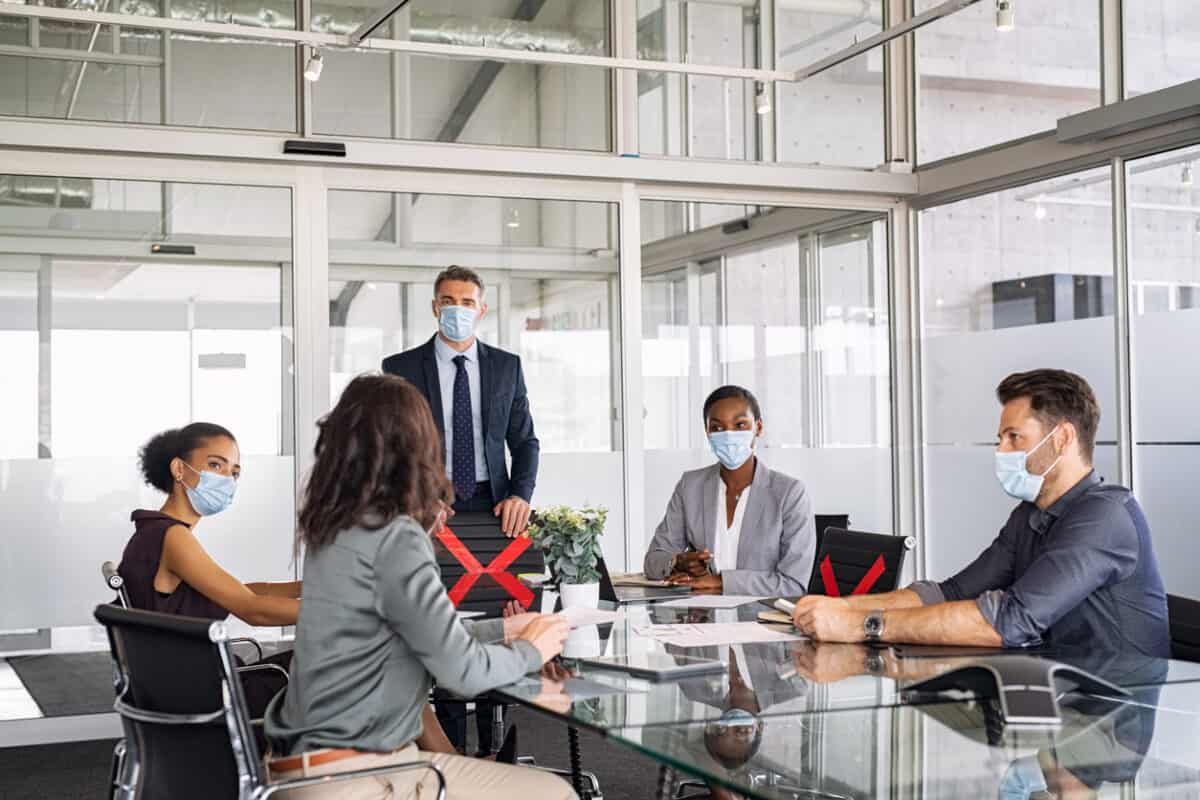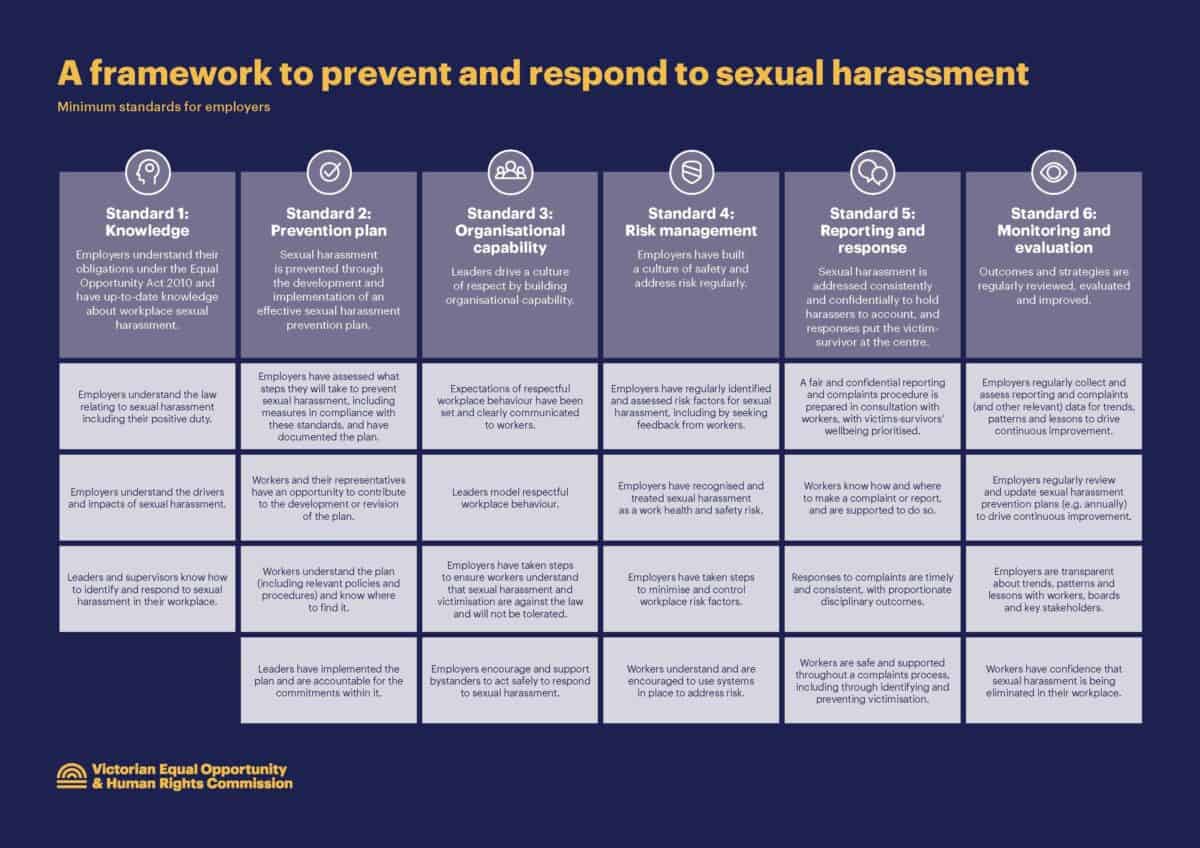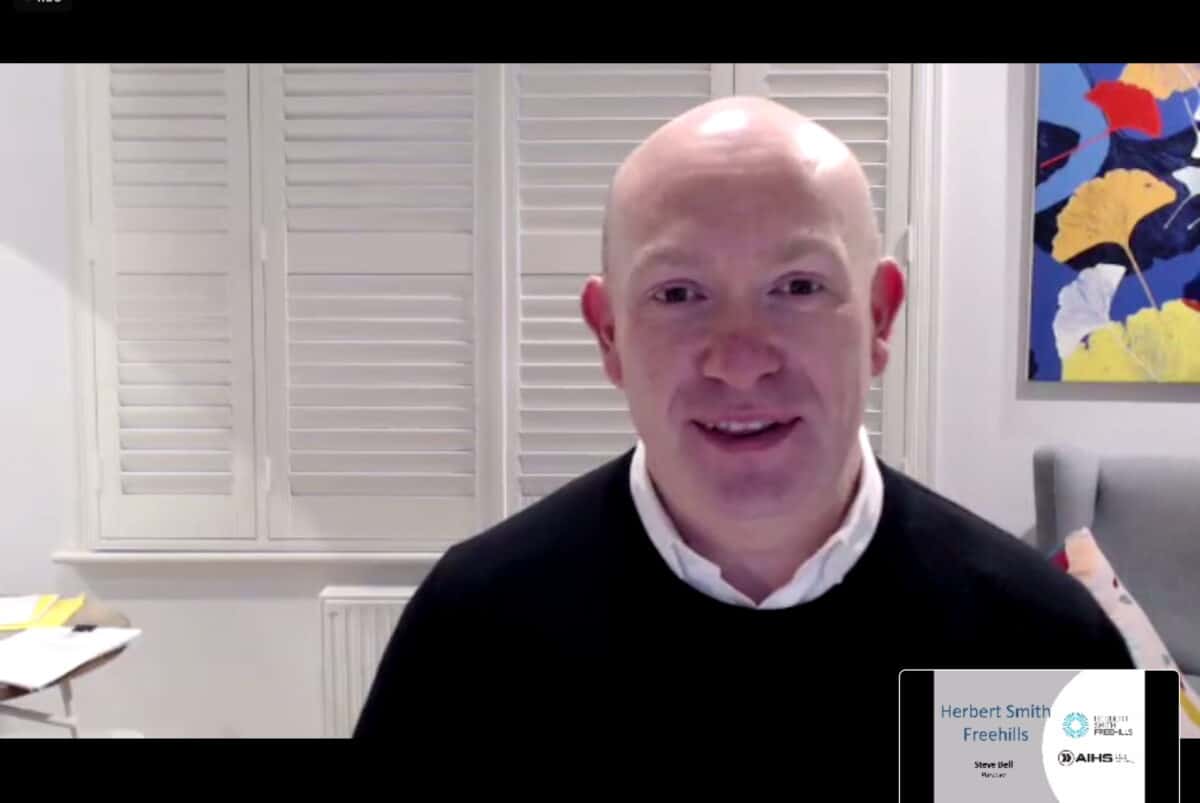A major criticism of the Australian government about its response to the COVID-19 pandemic is that it has provided mixed messages about what to do and when. Those messages are sometimes amended by State Governments, and the messages from both these sources could change in a matter of days. This creates an enormous challenge for businesses and their occupational health and safety (OHS) personnel, if they have any.
This is a major factor in the campaign by business and industry groups and trade unions for the government to issue Public Health Orders (PHO). PHOs take the risk assessments out of the hands of the employers by establishing specific criteria that are legally binding. This is convenient in the short term, but PHOs are regularly updated to address the changing COVID-19 situation, so the stability of messaging that PHOs hopefully remove could end up with similar administrative results for employers and business operators. This veneer of security was discussed recently by lawyer Michael Tooma.







